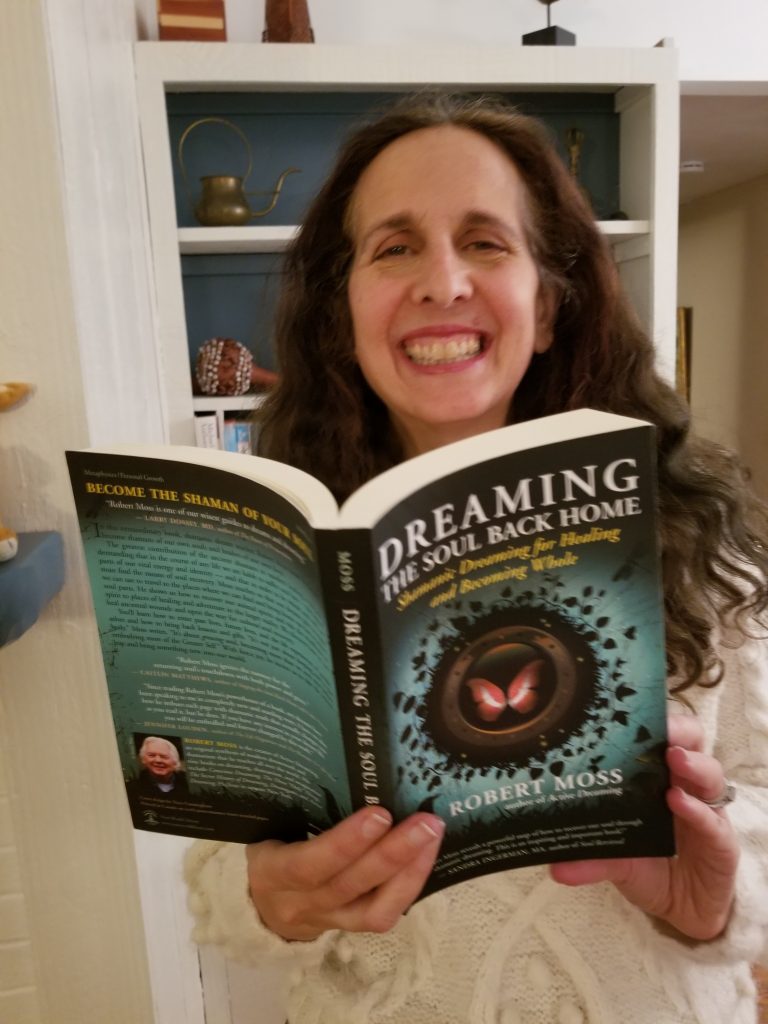During a recent Get Your Writing Done session, a writer apologetically shared that she was “just journaling”—not working on her specific writing project, such as an article or book.

I reminded her—and all of us—that journaling is a superpower. Never apologize or feel less than for journaling instead of producing writing for the masses. Journaling can be the foundation upon which your creativity and life force rests.
Benefits of Journaling for Writers
Here are some of the benefits of journaling for writers:
- Any and all writing is practice. You are practicing a kind of writing. More than that, you are practicing communicating with the deeper aspects of yourself. The more you do it, the better you get at it. The more you feed that relationship with your authentic self, the more you have access to that part of you. And that will make your writing powerful.
- Journaling frees up space and energy for your writing (and creative) projects. This writer had many projects and felt overwhelmed by them all. Upon discussion, we learned that her journaling included writing down all the projects and ideas. Just by getting ideas onto the page, they are freer—not stuck in your head or body. Now you can see, let go, or prioritize them. You can decide which ones are 2025 projects (as I did this weekend) and which can fit comfortably into your 2024 plan. If you continue to get ideas for the 2025 projects, that might be fine to capture from time to time, but at least you won’t feel the pressure of it being a current project. Most of your energy can be put towards your current writing projects.
- Journaling helps you know what you think and believe and know. Journaling is a type of internal exploration. As you journal, you may discover things about yourself. You will likely have insights into your thoughts, beliefs, behaviors and preferences. And the very act of journaling to understand and clarify may change your relationship with these ideas and actions. This clarity and insight can feed your writing—both at the project-choosing level and understanding of the subjects you write about. Your writing will be more astute, wiser or take readers deeper. You may find more meaning and make a more significant impact with your writing.
- Journaling provides new ideas. Journaling will naturally give you new ideas—additions to current projects, such as new chapters, stories or information to include, as well as ideas for new projects.
- Be more creative. Writers often feel freer when they journal than when working on a more defined project. Such freedom can lead to creative breakthroughs.
- Get unblocked. Journaling can be one of the fastest ways to get unstuck in your writing and creative projects. You can dialogue with the stuck part in your journal. Or write around the subject that’s blocking you. Or ask your muse for guidance and journal around your visit with the muse.
When It’s Good to Write for “Just You”

Earlier that same day of the “just journaling” comment, I had been playing around in my journal with an exercise I’d found in Robert Moss’s Dreaming the Soul Back Home. As I wrote in my journal, I thought, “Where can I use what I’m writing? Is this material for a book? A blog post?”
While those aren’t terrible questions, my timing was poor. I’d been writing for myself and my own healing. To jump to audience and commercial value too soon would have changed the focus and probably provided less personal value in the exercise. I let go of the idea of writing this for others and returned to the inner process in my journal.
There might be a time to share these ideas, but first, I needed to do the work for myself. Can you relate? Do you too quickly jump to what to do with your writing? Can you give yourself more space to journal and explore?
I’d love to hear from you in the comments. Do you journal? How do you view journaling? How has it helped you as a person and as a writer?


